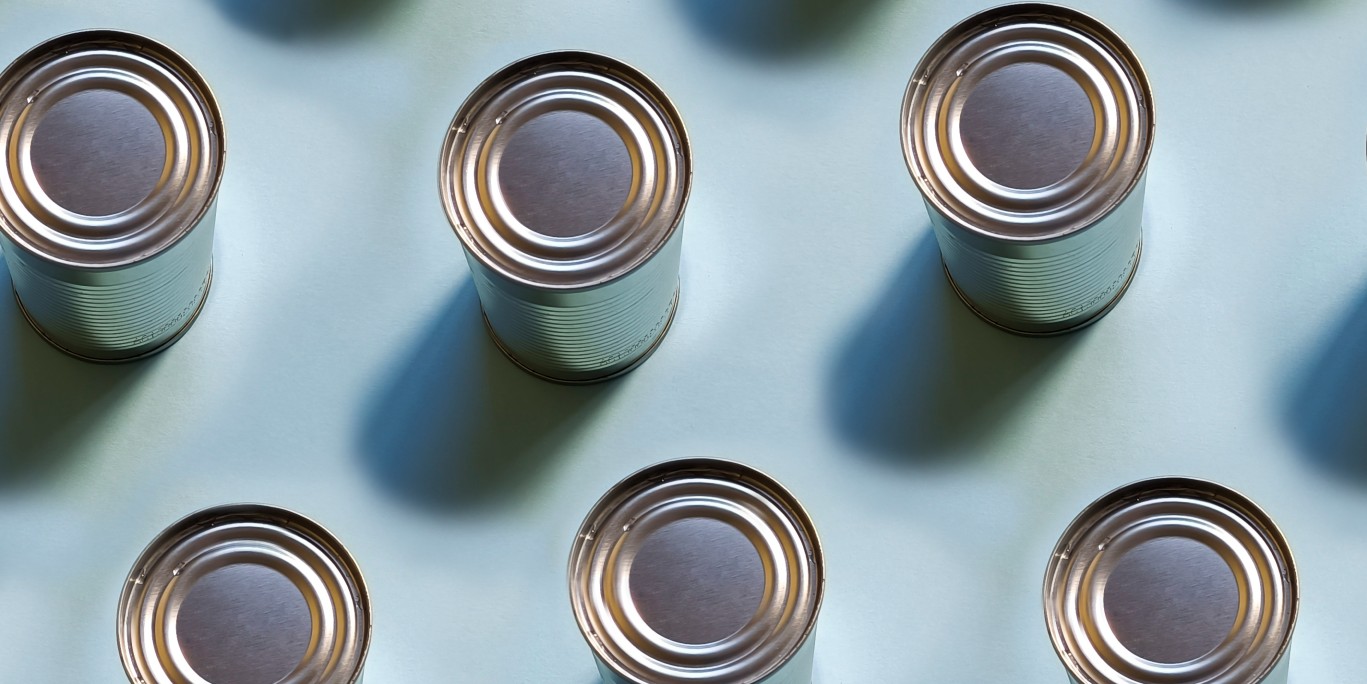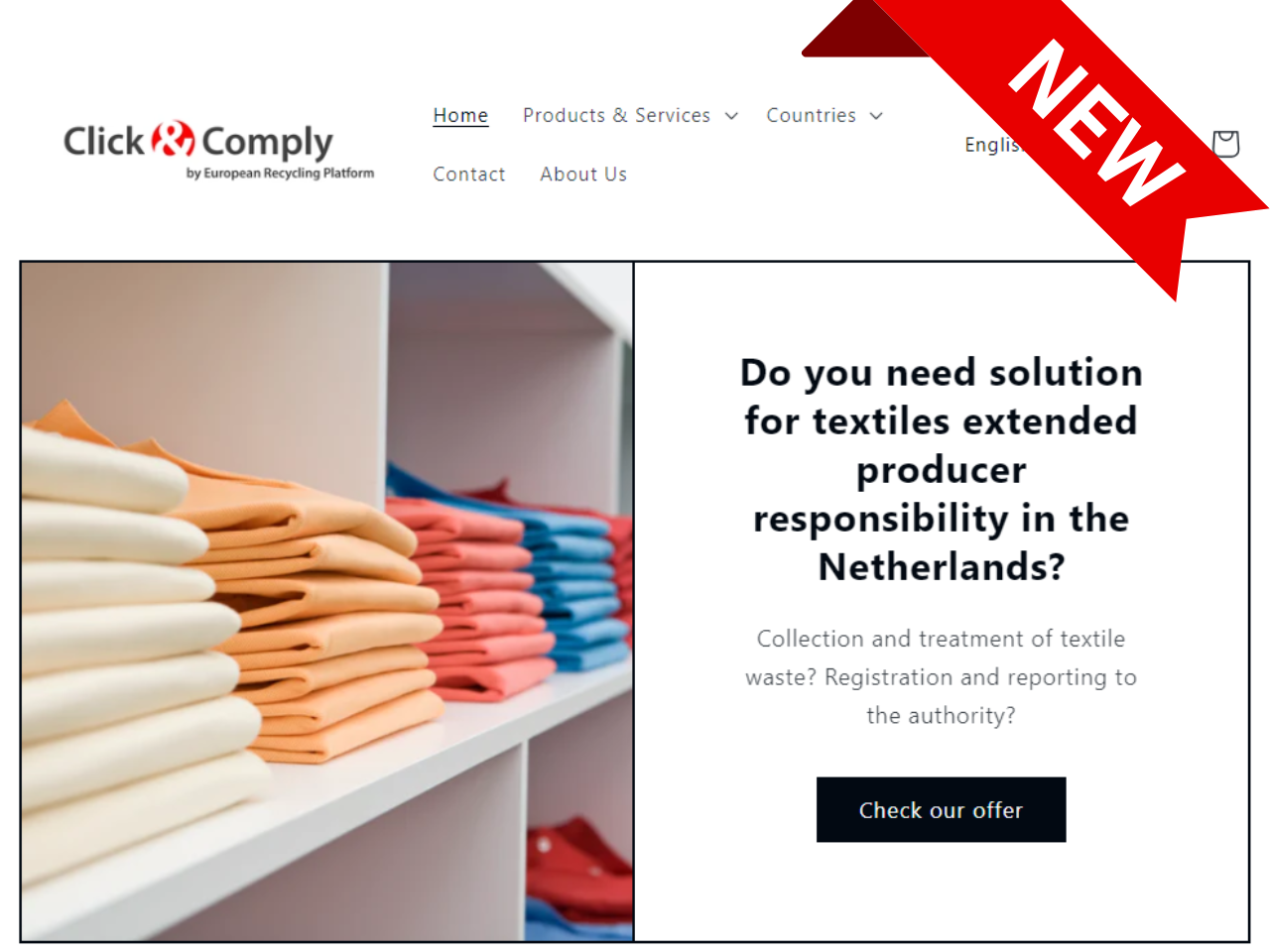What are the latest developments? We’ve picked out some highlights for October 2023:
EU WEEE stakeholder consultation: ERP responds
Ecodesign: new rules for mobile phones and tablets
Industrial batteries: new regulatory tracking reports
UNEP Zero Plastics Treaty: focus on EPR
EU WEEE stakeholder consultation: ERP responds
The European Commission is currently evaluating the Waste Electrical and Electronic Equipment (WEEE ) Directive and has asked stakeholders for their feedback. The evaluation aims to assess the performance of the Directive and its consistency with the EU’s wider policy objectives.
European Recycling Platform (ERP), a Landbell Group company, has contributed to the consultation through the questionnaire, as well as a position paper that elaborates upon certain aspects in more detail.
Among other points, ERP has highlighted the need to update the calculation method for the collection rate. It recommends that the benchmark for setting the collection rate should be the amount of WEEE that can actually be collected.
The current methodology bases the collection rate on new equipment being put on the market, which does not account for the longer life spans of products (that is also partly driven by increasingly more favourable conditions for repair).
Furthermore, ERP continues to advocate for a functioning intra-European market with greater levels of harmonization, transparency, compliance, and enforcement.
The WEEE Directive entered into force 20 years ago, and Landbell Group’s producer responsibility organisations helped to implement it in 12 European countries.
The Group therefore draws on this experience and expertise to provide guidance and advice that it believes will make the WEEE Directive fit for the future and able to deliver on its goals even more effectively.
Ecodesign: new rules for mobile phones and tablets
On 20 September, new ecodesign and energy labelling rules for mobile phones and tablets entered into force. The new rules were published in the form of a Delegated Act (DA) by the European Commission on 16 June. After a two-month scrutiny period by the Parliament and Council, the rules were formally adopted since there were no objections.
The DA sets requirements for energy labelling and provision of product information for smartphones and tablets with the aim to facilitate repair and increase the durability of these products. Furthermore, producers shall make product design choices that enhance cost, material and energy efficiency. Overall, the new labelling requirements should help consumers to make informed and sustainable choices at the point of sale.
The new requirements will apply 21 months after their entry into force, thus by 20 June 2025.
Industrial batteries: new regulatory tracking reports
If you are selling industrial batteries, Landbell Group’s regulatory tracking services can help you stay compliant with extended producer responsibility.
The new country report, which explains producer obligations, focuses on industrial batteries, in particular:
- list of applicable legislation
- definition and identification of the responsible party
- design requirements
- user information to be provided
- collection and recycling obligation
- compliance options and existing thresholds
- registration and reporting, and
- sanctions
For more information, please contact us here.
UNEP Zero Plastics Treaty: focus on EPR
In June, the Intergovernmental Negotiating Committee (INC) was tasked with preparing a Zero Draft on an international, legally binding instrument on plastic pollution, including the marine environment. On 4 September, the INC published the draft ahead of the third United Nations Environment Programme (UNEP) session scheduled for 13 to 19 November in Nairobi, Kenya.
To fulfill the goals of the treaty, the Zero Draft explicitly asks signatory States to establish and operate extended producer responsibility (EPR) systems.
The Zero Draft aims to end plastic pollution and protect human health and the environment. To succeed with this goal, a full lifecycle approach is applied. A focus is put on harmful chemicals (see article here) and the hardest-to-recycle plastics that should be phased out more rapidly.
Furthermore, the draft proposes that signatory States should not allow the production, sale, distribution, import or export of certain short-lived and single-use plastic products.
Like the Paris Agreement, the treaty does not include time-bound or numerical targets but proposes that each signatory Party develops and implements a national plan for its contribution to the treaty, including publicly available progress reports.
The development of the Zero Draft was supported by various stakeholders, such as the Business Coalition for a Global Plastics Treaty, which Landbell Group joined earlier this year and which calls for an ambitious and effective global treaty to end plastic pollution (see previous article here).
Following the discussion in November, the final version of the Treaty is expected to be ratified in 2024.
Sign up for our monthly
report COMPASS here:
Your email











